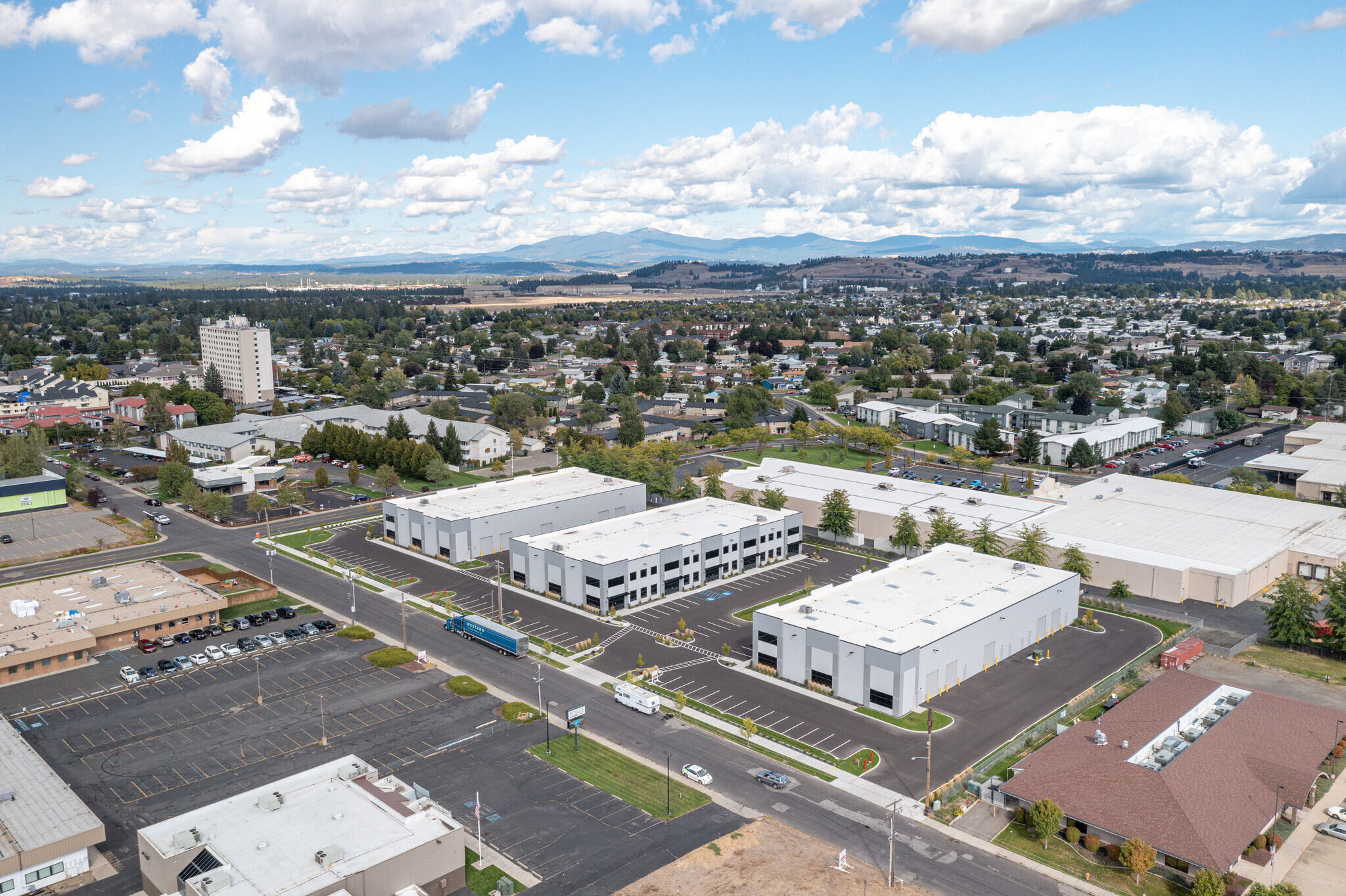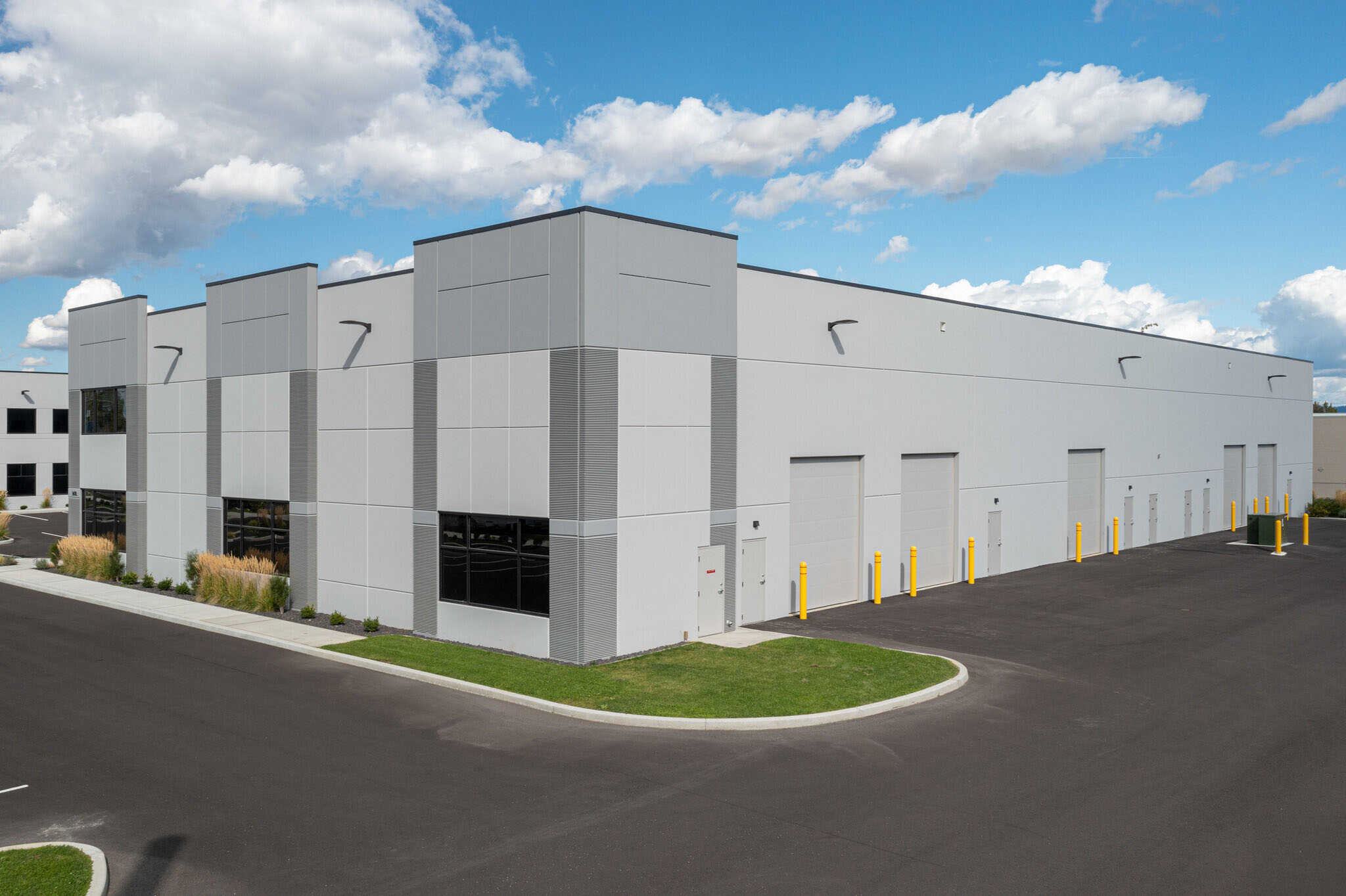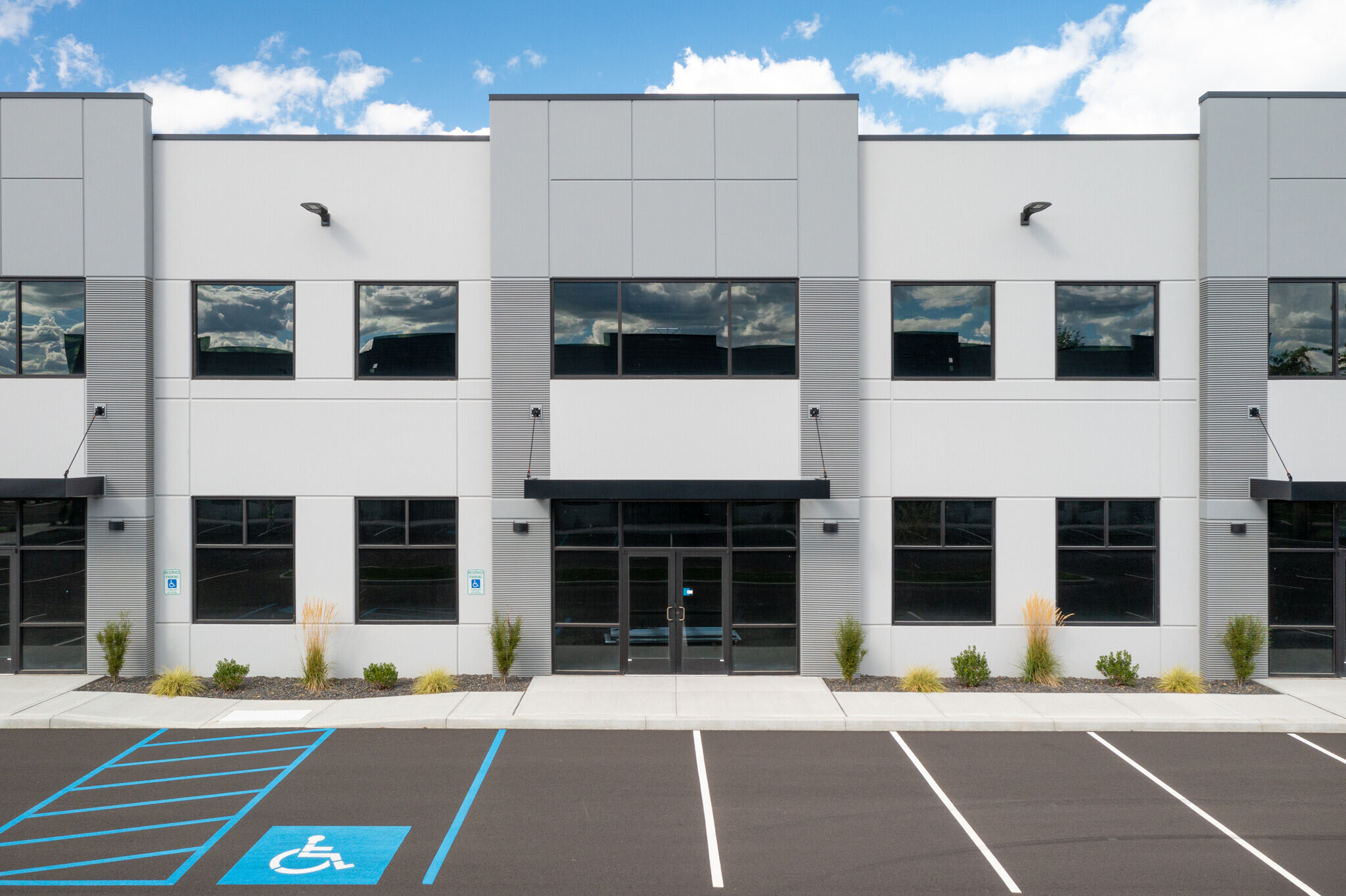
Unlock the Potential of Commercial Flex Space Investing
Are you looking for a dynamic and lucrative investment opportunity? Commercial flex space is one of the fastest-growing sectors in real estate, offering a unique combination of versatility, stability, and high returns. Here’s why you should consider adding flex space to your investment portfolio.




Why Invest In Flex Space?
With the rise of e-commerce and hybrid work models, the demand for adaptable commercial spaces is skyrocketing.
Flex spaces cater to growing industries, ensuring steady tenant interest.
Why Choose Flex Space Direct?
We specialize in helping investors capitalize on the lucrative flex space market. With a proven track record of success, our team offers:

Partner with us, Flex Space Direct Fund Inc. We take care of all of the above. We take your investment, build new in demand flex spaces. We then either rent them out or sell them as condo units creating a very profitable exit strategy.
What Is Flex Space?
Flex space refers to a building, usually single-story, that combines warehouse space with office or retail areas.
These units typically feature a warehouse door or loading dock and boast higher ceiling heights, usually ranging from 14 to 16 feet.
Flex warehouses come in various sizes and configurations, offering great versatility. Due to their ability to serve multiple functions, they are highly appealing to a wide range of businesses in need of flexible space options.
What Types of Businesses Lease Flex Space?
Flex space is a valuable investment due to its ability to accommodate a wide range of businesses with different needs. Here are some examples of businesses that commonly lease flex space and how they utilize it:
E-commerce Fulfillment Centers:
E-commerce companies rely on flex industrial space to store inventory, manage orders, and streamline shipping and delivery. These spaces provide the storage capacity, equipment, and logistics infrastructure needed to support the fast-paced demands of online retail.
Light Manufacturing Units:
Small-scale manufacturers often choose flex industrial spaces for their operations. These businesses—focused on producing goods like artisanal products, custom items, or prototypes—need flexible space that can house machinery, assembly lines, and storage.
Distribution and Logistics Companies:
Companies in distribution and logistics, including third-party logistics providers (3PLs), use flex industrial space to manage goods within various supply chains. These spaces allow for tasks like receiving, sorting, quality control, storage, packaging, and shipping. Flex spaces offer the adaptability to handle shifting demands and multiple clients.
Research and Development (R&D) Facilities:
Businesses in sectors like technology, pharmaceuticals, and biotechnology often lease flex space for R&D labs. These facilities require specialized equipment, controlled environments, and collaborative spaces to conduct experiments, product testing, and prototype development.
Food and Beverage Production:
Companies in the food and beverage industry, such as caterers, specialty food producers, and craft breweries, turn to flex industrial spaces for production, preparation, and storage. These spaces typically come with commercial-grade kitchens, temperature-controlled storage, and other specialized features to support efficient food manufacturing.
Art Studios and Creative Workspaces:
Artists, designers, and other creative professionals often use flex industrial space for their studios. These spaces offer natural light, plenty of room for creative projects, storage for materials, and communal areas for collaboration and showcasing their work.
Fitness Centers and Gyms:
Fitness centers and gyms seek flex industrial spaces to accommodate their need for large open areas, workout equipment, class spaces, and office functions. These spaces offer flexibility in layout and accessibility for both staff and clients.
Auto Repair and Body Shops:
Automotive repair and body shops utilize flex industrial space for the specialized equipment needed for repairs, maintenance, and restoration. These spaces are designed to accommodate tools, lifts, paint booths, and other essential components of vehicle servicing.
Benefits of Flex Industrial Space:
Adaptability:
Flex industrial spaces offer highly adaptable layouts, which can be easily adjusted to suit the unique needs of different businesses. These spaces typically combine office, retail, and warehouse areas within a single unit, making them ideal for a variety of commercial uses.
Cost-Effectiveness:
Flex industrial spaces generally have lower rental rates compared to traditional office spaces, offering a more affordable option for businesses. By combining office and warehouse areas, businesses can eliminate the need for multiple leases, which helps reduce overall operational expenses.
Customization:
One of the standout features of flex industrial space is the ability for tenants to tailor the layout and design to fit their specific needs. Whether a business requires more office space, expanded storage, or a mix of both, this customization allows for greater operational efficiency.
Prime Location:
Many flex industrial spaces are located in strategic areas, close to major transportation networks, highways, and urban hubs. This central positioning provides easy access for employees, suppliers, and customers, which is particularly beneficial for businesses relying on logistics.
Scalability:
Flex industrial spaces are available in a variety of sizes, making them ideal for businesses with fluctuating space needs. Whether a company is just starting or experiencing growth, the flexibility to expand or downsize ensures that businesses can adjust their space requirements as they evolve.
Is Flex Space a Good Investment?
Flex space can be a highly profitable investment, particularly for first-time commercial real estate investors. These spaces are in high demand, typically lease quickly, and require minimal renovation, making them a solid choice for those looking to enter the market.
In Nashville last year, the flex space sector experienced a remarkably low vacancy rate of just 3.8%. This statistic alone highlights the strong demand, and when combined with the fact that flex spaces command the highest rental rates among all types of industrial real estate, it’s clear that flex space properties are both valuable and stable investments.
5 Reasons to Invest in Flex Space:
1. Versatility and Adaptability
A major benefit of flex industrial properties is their versatility and adaptability. These spaces can be customized to suit a variety of business needs, such as manufacturing, warehousing, research and development, or office use. This flexibility makes them capable of evolving with the demands of different industries, which is what makes them a highly attractive and future-proof investment option.
2. Strong Rental Demand
The demand for flex industrial properties has surged in recent years, driven by the growth of e-commerce and the need for efficient supply chains. Businesses are increasingly searching for spaces that can be quickly adapted to meet changing storage and distribution needs. As a result, rental rates for flex properties have climbed, creating a profitable opportunity for real estate investors.
3. Diversification of Investment Portfolio
Diversification is a key strategy for building a strong investment portfolio, and flex industrial properties offer an excellent way to achieve this. As a distinct asset class, they help investors spread risk and provide a safeguard against potential declines in other commercial real estate sectors.
4. Attractive Returns on Investment
Flex industrial properties are known for delivering solid returns on investment. With high demand and limited supply, rental rates often exceed those of other commercial spaces. Furthermore, the ability to modify and repurpose these properties allows investors to increase their value and boost potential returns through strategic renovations.
5. Potential for Long-Term Stability
Flex industrial properties offer long-term stability for investors. Unlike other commercial real estate sectors, which may be more vulnerable to economic fluctuations, flex spaces are more resilient. Demand for these flexible properties tends to remain steady, even during economic downturns, making them a reliable and secure investment for the future.
Take The Next Step & Contact Us Today
Ready to invest in commercial flex space? Contact us today to learn more about how we can help you achieve your financial goals through smart real estate investments.
Discover the power of flex space investing. Your future starts here!